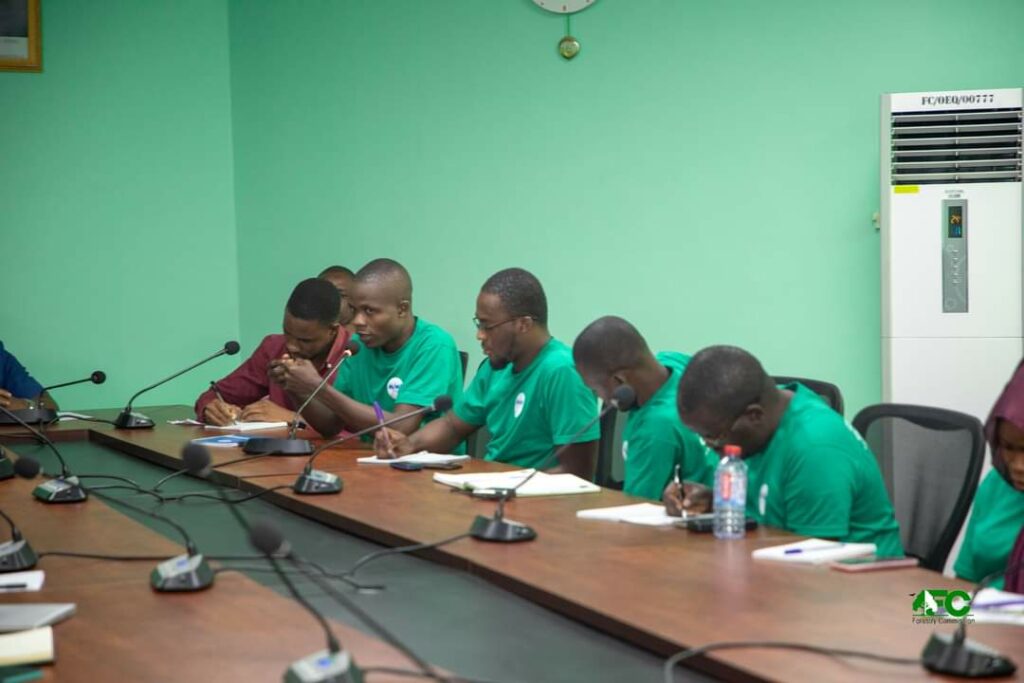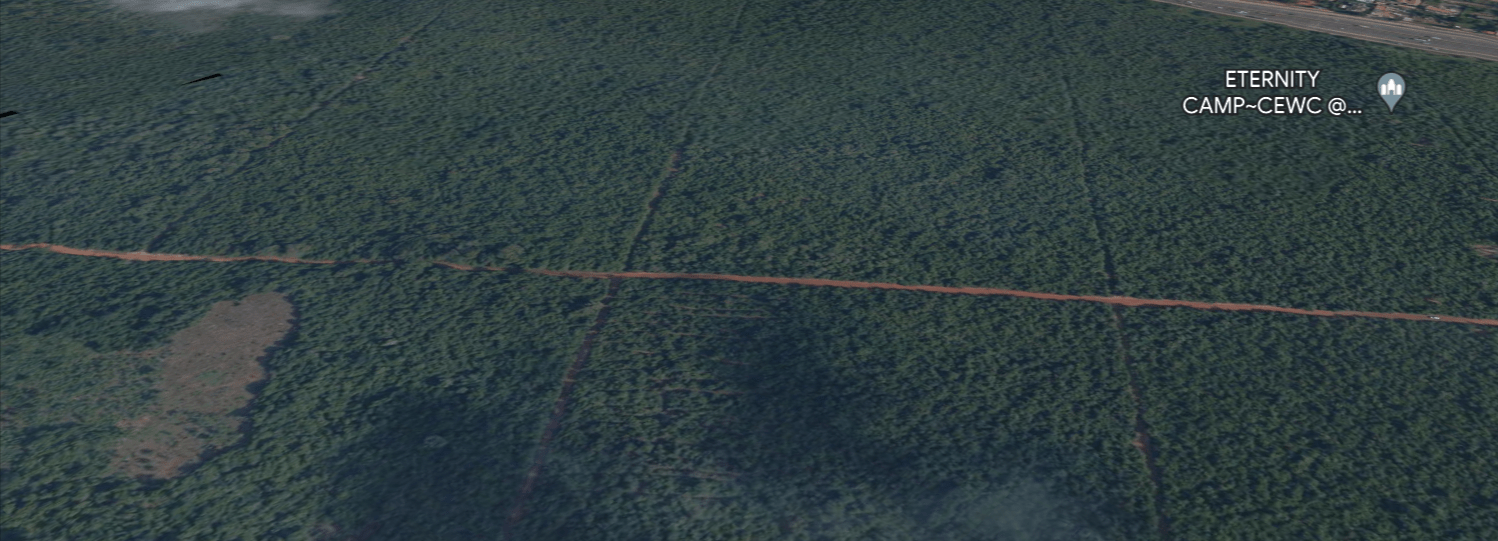Ghana has since the end of January 2023 become the second African country to receive payments from a World Bank trust fund for reducing emissions from deforestation and forest degradation, commonly known as Redd+. This West African country benefits from the carbon market.
Ghana is making progress on the carbon market. The country got $4,862,280 for the reduction of 972,456 tonnes of carbon emissions. The information is contained in a press release from the World Bank dated January 24, 2023. This payment concerns the first monitoring period of the Redd + program, from June to December 2019.
« This payment is the first of four under the country’s emissions reduction payment agreement with the World Bank to demonstrate the potential for optimizing results-based payments for carbon credits.“said Pierre Laporte, World Bank Country Director for Ghana, Liberia and Sierra. Leon.
According to the World Bank, subject to showing the results of measures taken to reduce deforestation, Ghana is eligible to receive up to $50 million for 10 million tonnes of CO2 emissions reduced by the end of 2024. These actions are located in a six million hectare expanse of the Guinean forest of West Africa, where biodiversity and forests are under pressure from cocoa farming and unsustainable harvesting, as well as of small-scale mining.
“69% donated to communities”
This breakthrough in the carbon market is also beneficial to communities. The impacts were extensively explained to participating journalists of the Climate Change Journalism Fellowship.
According to Ghana Forestry Commission69% of profits are allocated to participating communities in the West-North, Center and East regions for development and financial maintenance.
The Climate Change Director at the Forestry Commission, Roselyn Fosuah Adjei, assured that the allocation of funds would not be disbursed through intermediaries, as communities have set up committees to oversee the proper disbursement of funds.
She spoke during an institutional visit to the Commission by ten West African journalists as part of the 2022 Climate Change Journalism Fellowship organized by the Media Foundation for West Africa.
« We have put in place a governance structure with the communities. They have their leadership. They have their own bank accounts with signatories. We will determine how they can best use their funds “, she said. The rest of the funds will be paid into the coffers of the Commission and the secretariat in charge of the initiative.

The Ghana is the world’s second largest cocoa producer. Cocoa is the engine of the economy, but it is also one of the main causes of deforestation and forest degradation in the southeastern and western regions of the country. Stakeholders are working to help some 140,000 Ghanaian farmers increase cocoa production using climate-smart agroforestry approaches, rather than slash-and-burn techniques that decimate forests.
